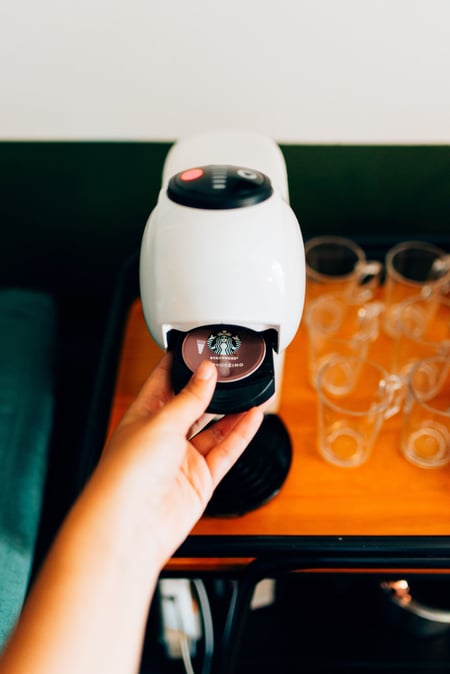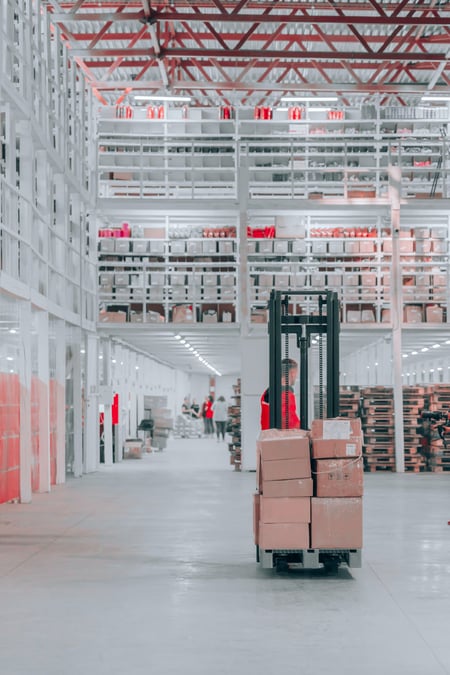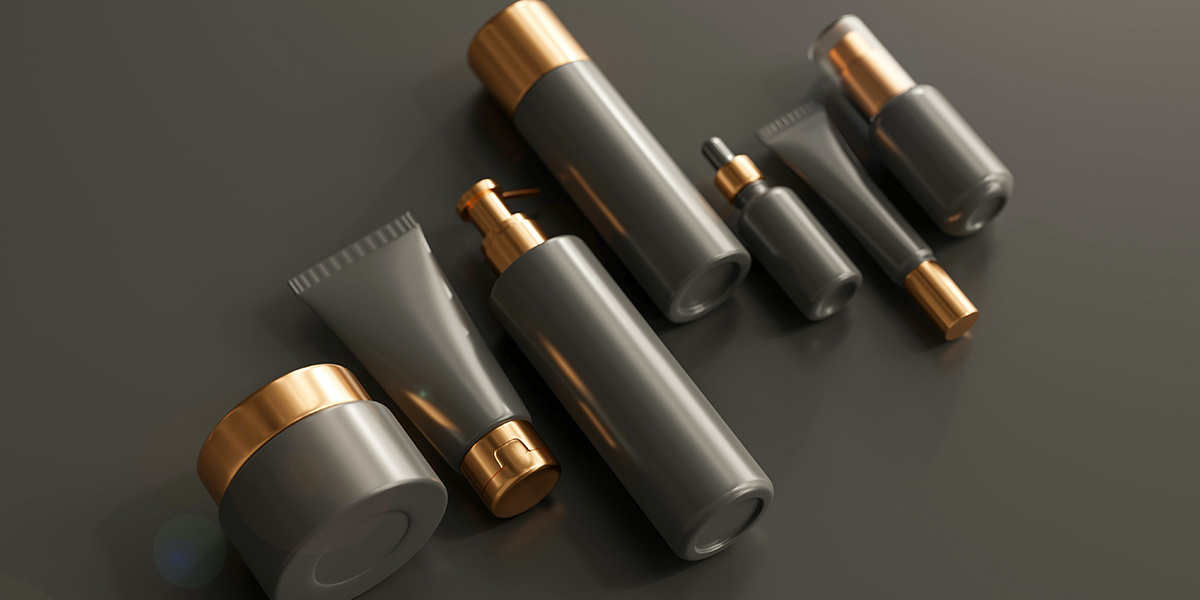The consumer products industry is in the middle of a radical evolution. The pandemic has triggered consumers to reassess their personal values and lifestyles, which in turn has had a knock-on effect on their behaviours and demands.
Consumer product companies now have a once-in-a-generation opportunity to pivot and innovate their product ranges. Quality, purpose, material and even product size are key considerations for consumers post-pandemic. To help you find practical solutions to these new opportunities, here are our top three tips on optimising your product development cycle.
1. Review how quickly you can adapt your products
Hybrid working is a lifestyle that is here to stay, and which has already changed the form of multiple household favourites. One of the most famous examples is the home-owned coffee maker, which transformed from a large kitchen appliance to a compact desktop companion.
Pre-pandemic households would sometimes have a barista-style coffee maker. This powerful machine mimicked the experience of being at a coffee house and was usually a large product with power akin to a professional machine.
Since hybrid working, more households wanted to enjoy high quality coffee in their home office rather than their kitchen. Which meant a machine that took up less space, whilst having sufficient power for the same coffee making abilities as its larger predecessors.

As new technologies emerge and the usage of existing technologies evolves, it’s key for consumer product companies to regularly review how they can adapt their products.
Companies can’t afford to be asleep at the wheel when a fundamental habit change like the coffee machine one happens. The different stages of product development require different optimisation processes. With so many options it can be hard to find what will enable you to adapt.
Luckily, local additive manufacturing and low volume production service providers can advise on how you can use these processes to optimise your product development cycles.
2. Explore which product features build trust with stakeholders post-pandemic
According to Deloitte’s latest perspective survey, two-thirds of corporate executives said building trust was their highest priority and that trust was their company’s most valuable asset. Furthermore, 50% believed that consumers lose trust in brands that don’t engage with them in a personalised manner by tackling issues important to them.
Sustainability
Latest research shows a strong correlation between ethical commerce and financial performance as consumers turn to brands that help them live more sustainably.
Many associate sustainability with purely environmental issues, but it is much broader. Sustainability is about meeting the needs of the present without compromising the needs of future generations. Recycled and recyclable materials, renewable resources and ethically sourced labour within the manufacturing process are all valued by consumers and are things to consider when building trust.

Repairability
A new survey took a closer look into which product features consumers value. The survey found that 69% of UK consumers prefer easily repairable products.
Consumers showed greater trust towards companies which made products that could be repaired over those which had to be thrown away and replaced. The survey confirmed that optimising and highlighting a product’s longevity is a great way to build trust with consumers in this post-pandemic world.
Energy efficiency
Upfront cost is no longer the be all and end all. They are looking at a product’s lifetime running cost and are willing to pay more upfront if this results in long-term savings. Consumers are more aware of energy efficiency ratings and moving away from companies that aren’t making a clear effort to improve the overall energy efficiency of their products.
3. Create an agile & resilient supply chain
Supply chain challenges aren’t going anywhere. Companies across all industries are taking stock and re-evaluating where to source supplies and services from.
Reshoring
Home appliances companies rely on speed, volume and consistency. With the cost of transportation steadily on the rise, especially with gas and oil prices climbing, many are turning closer to home to find the manufacturing operations they need. Especially since local providers can iterate in days not weeks.

Low volume prototyping partners
Supply chain resilience isn’t only about sourcing material or components, but also about a reliable plan for new product development. When design engineers need a small batch of high-quality and near market ready prototypes for a focus group, the last thing they need is for them to be stuck in transit.
If you’re importing your prototypes from oversees, then we simply must ask you why?
Local providers offer the same if not superior quality, have much lower transportation costs and support you to reduce your company’s carbon footprint. UK-based prototyping experts, like AME-3D, are seeing more and more consumer product companies turning to them for their prototyping needs.
New opportunities lie ahead for consumer product companies
Our post-pandemic world offers consumer product companies several new and very different opportunities compared to the pre-pandemic one. Consumers have changed and expect companies to match their new needs. To do so successfully, UK companies should look towards:
- Optimising product adaptability
- Building consumer trust
- Creating agile & resilient supply chains
If you’re looking to change your product development cycle, why not talk to an experienced and flexible expert.
Contact our team by email on info@ame-3d.co.uk or call us on 01909 550 999.



